My name is Leeanne Clark, and in 1996, I was born one month early in a Fife hospital.
I spent the first few weeks of my life in an incubator before being taken home by my birth parents.
This is when the abuse began.
My life was not based on the essentials that every child needs, such as attention, love and respect.
In fact, life at home was a living nightmare.
I felt as though I was an outsider with nowhere to turn.
I experienced all four main types of abuse throughout my childhood: physical, emotional, neglect and sexual abuse.
Being diagnosed with cerebral palsy
I live with cerebral palsy, which I was diagnosed with at 18 months old.
My birth parents exaggerated my diagnosis and thought they knew better than the professionals.
They would look up conditions on the internet and try to diagnose me themselves rather than through doctors.
But I was the one living with the condition – not them.
Everyone with cerebral palsy experiences different symptoms, but signs include poor coordination, weak muscles, and tremors.
Thankfully, my condition is very mild and I live life without a wheelchair.
My birth parents often refused to pay their bills, so we were forced to move around a lot.
I bounced around various primary and secondary schools and experienced bullying and loneliness – although I was too scared to tell my teachers at the time.
The abuse and bullying made me feel less confident in who I was as a person.
I felt terrified and did not know where I would end up.
Moving in with my kinship carers
Finally, in the winter of 2012, when I was 16 years old, I was removed from my family home.
I wanted to go somewhere I felt safe and to people who I already knew.
This is when Dorothy Kinnell, 77, and her husband Robert, 78, offered to be my kinship carers.
They used to be family friends.
Both of them are now retired, but at the time, Dorothy was a sewing machinist and Robert was a bricklayer.
They were extremely nurturing and I still have a good friendship with them to this day.
I lived with them in Fife for four years before I felt ready to be independent.
These days, I live in South Lanarkshire with one of my good friends.
I was one of the lucky ones.
Most people who go through the care system will have more of a negative experience than a positive experience.
Kinship carers are my strength and rock
But I had a positive journey through the care system and experienced a lot more love, attention and respect from my kinship carers than from my birth parents.
Every care experience is unique.
Dorothy and Robert have been my constant strength and my rock.
They have guided me through the toughest years of my life and celebrated all my achievements.
In 2013, I enrolled at Fife College to study childcare, before switching to hospitality, travel and tourism.
This was a turning point for me as my lecturers encouraged my passion for writing and I gained the confidence to pursue my dream of being an author.
I went on to win the RSA Fellowship award from the Royal Society of Arts for creative writing in 2016.
With help from the RSA and the Scottish Commission for People with Learning Disabilities (SCLD), I started to write my first book.
Inspiring others through my words
My Journey Through Life: The Real Me is about my experiences growing up in the care system.
The day it was published in October 2021 was the proudest day of my life.
The main message of the book is that everyone is unique and important, and we all need to understand that different can be great.
I aim to inspire others through my words and by showing resilience and the importance of carrying on with what matters to me.
I enjoy travelling across the country to speak at various public events about my positive care journey – and show others that there is hope for everyone.
In 2022, I was overwhelmed to appear on Young Women Movement Scotland’s (YWMS) 30 under 30 list of inspirational young women.
Fife College has also added me to its Hall of Fame, which recognises the talents of former students.
There are extremely exciting times ahead of me.
How my business will fill gap in care training sector
I am currently working with Business Gateway to build my own business, which will be centred around training and providing support to people with a wide range of learning disabilities, care experience and gender-based violence.
There is a significant gap in the market for training, especially around and by care experienced individuals.
I’m also working on my second book: an educational and training guide to compliment my business, which will also delve further into my care journey.
People often ask where I found the strength to share my story and inspire others.
The truth is, I am inspired by the people who have been an extraordinary support system for me.
I am also motivated to prove those who doubted me wrong.
It’s not been an easy journey.
I don’t keep in touch with any of my blood relatives.
Family is not always about blood
One of my family members was punished for what they did – but it was not enough time.
I don’t know what would have happened to me if it wasn’t for Dorothy and Robert.
They are truly one in a million.
And they have taught me that family is not always about blood.
Ultimately, it is about the connections you have formed with people throughout various stages of your life and career across the world.
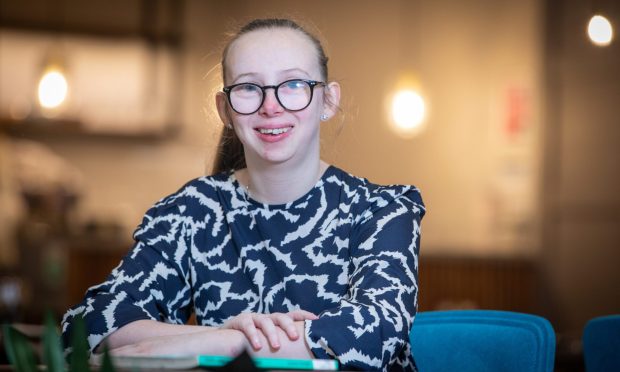
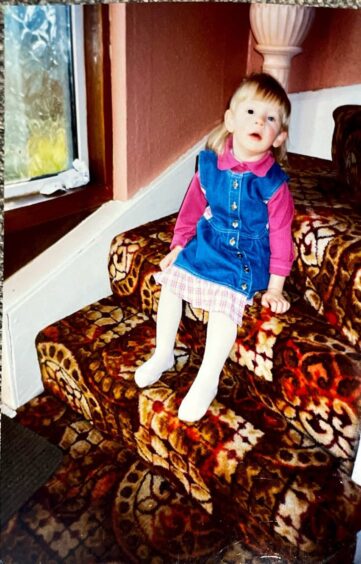
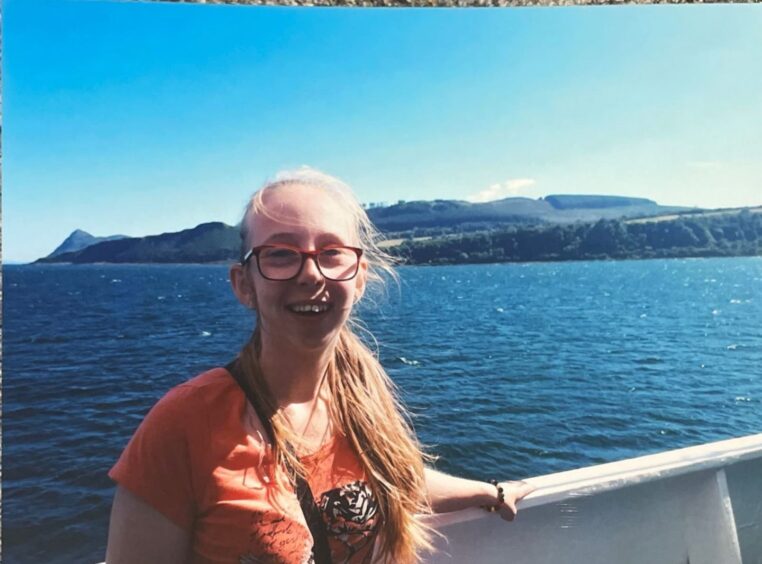
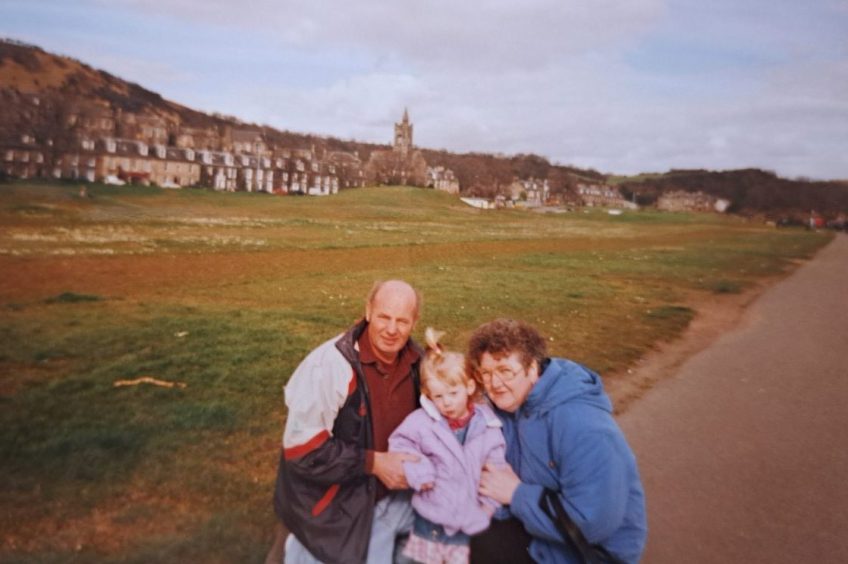
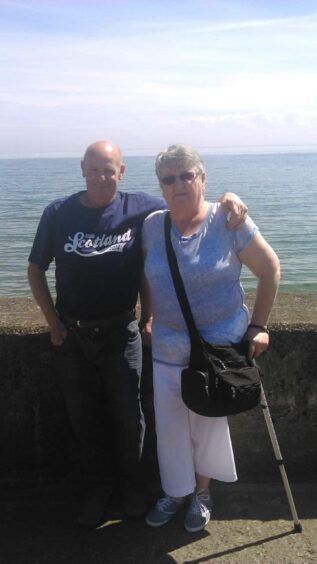
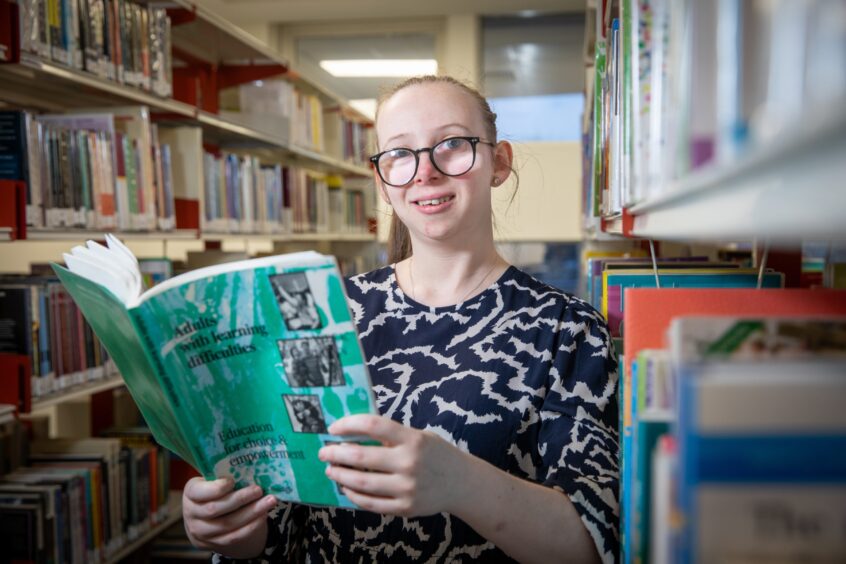
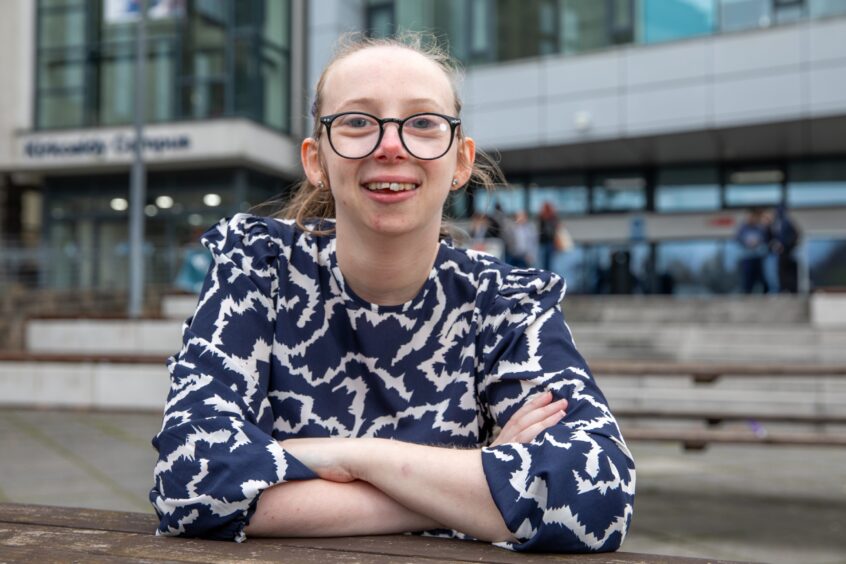
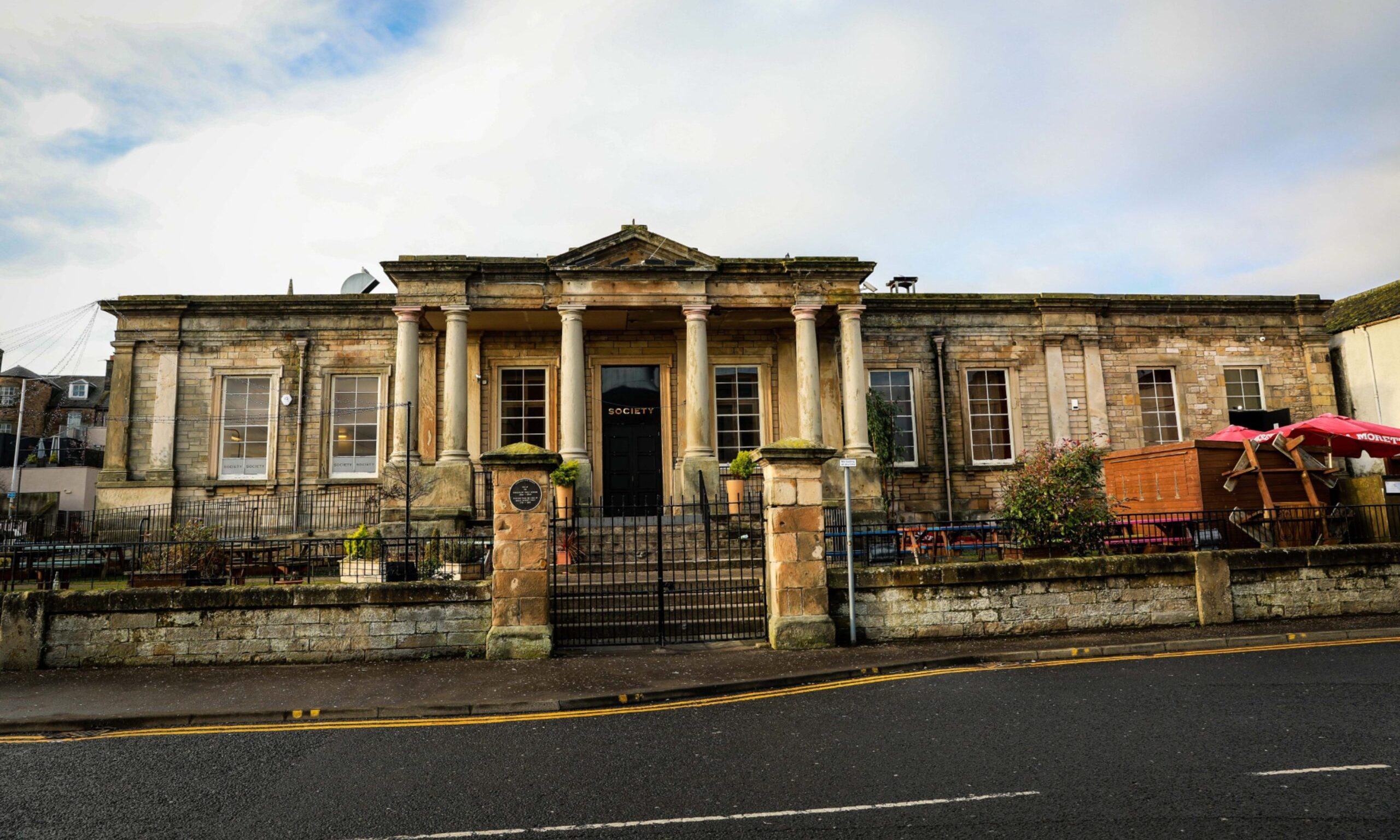


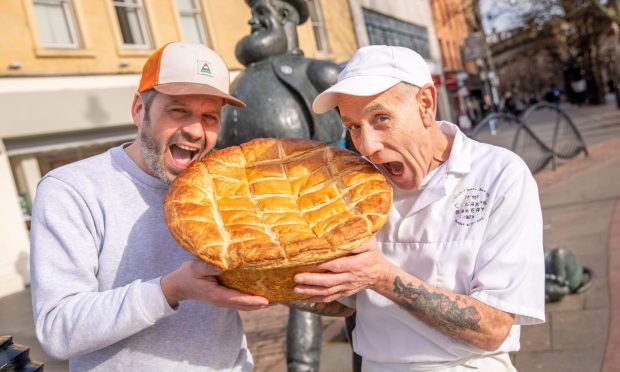


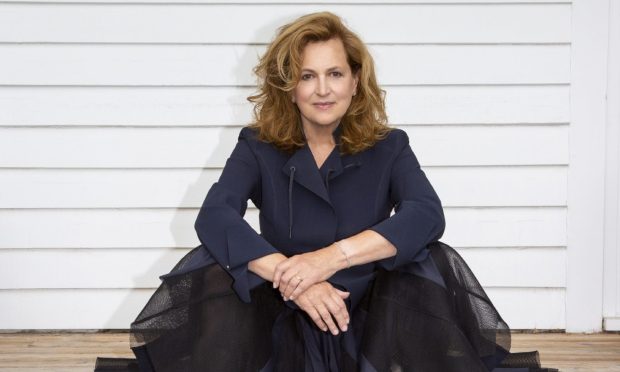

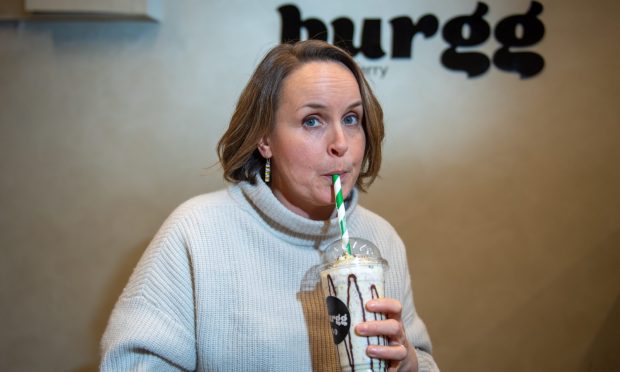
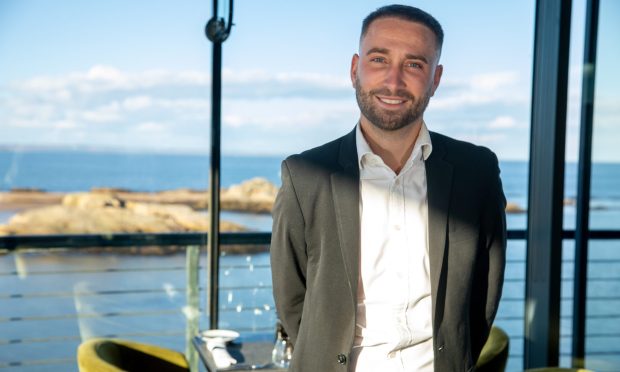
Conversation